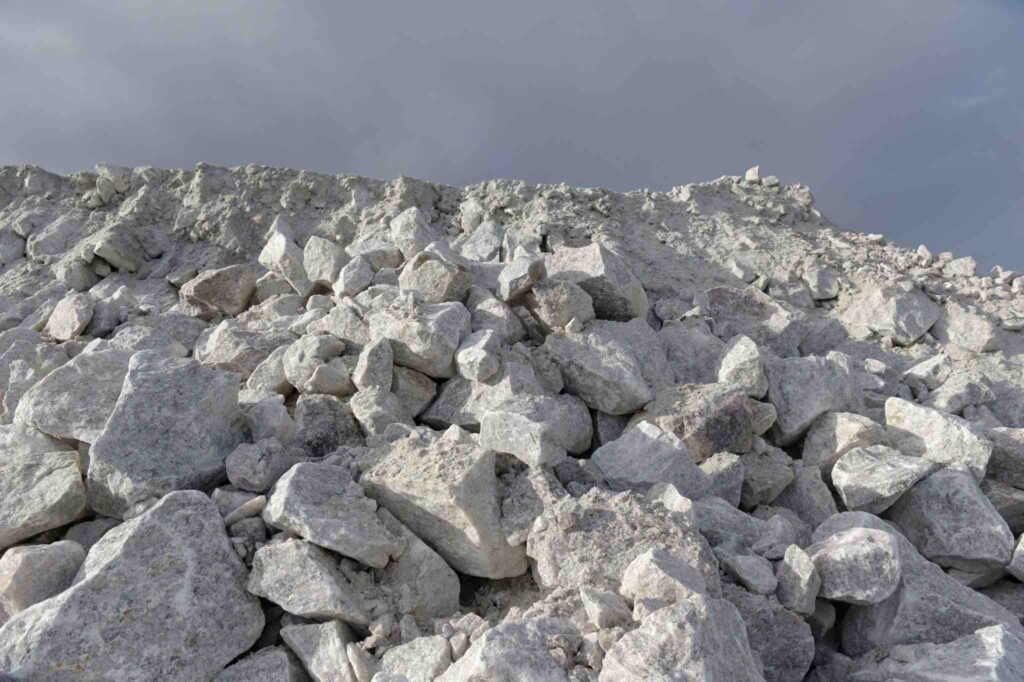According to a report from Reuters, the government is gearing up to hold an auction of Jammu Kashmir lithium reserves in the coming weeks. This move is part of India’s strategy to secure a stable supply of lithium, a critical raw material for electric vehicle battery production.
In February, India made an initial discovery of lithium deposits in Jammu and Kashmir, estimating these reserves to be around 5.9 million tons. The report indicates that the auction is imminent and that foreign mining companies have expressed interest. However, due to the sensitive nature of these discussions, details have been limited, as per government sources cited in the report.
At the time of the report, the federal mines ministry had not responded to Reuters’ request for comments.
Additionally, the source revealed that Khanij Bidesh India Ltd (KABIL), a state-owned joint venture established to explore mineral resources abroad, is in the final stages of securing several lithium blocks in Argentina. Discussions are also ongoing with the Chilean government for the acquisition of lithium blocks, although these talks are in their early stages.
India, being one of the world’s major greenhouse gas emitters, has actively pursued international agreements to secure essential minerals from resource-rich countries such as Australia, Argentina, and Chile.
In July, the central government passed the Mines and Mineral (Development and Regulation) Amendment Bill, 2023, allowing the private sector to mine six atomic minerals, including lithium, as well as deep-seated minerals like gold and silver. This bill was approved by the Lok Sabha through a voice vote, despite disruptions from Opposition members over the Manipur issue.
The atomic minerals made available for private sector exploration include lithium (used in the production of batteries for electric vehicles and energy storage devices), beryllium, niobium, titanium, tantalum, and zirconium.


